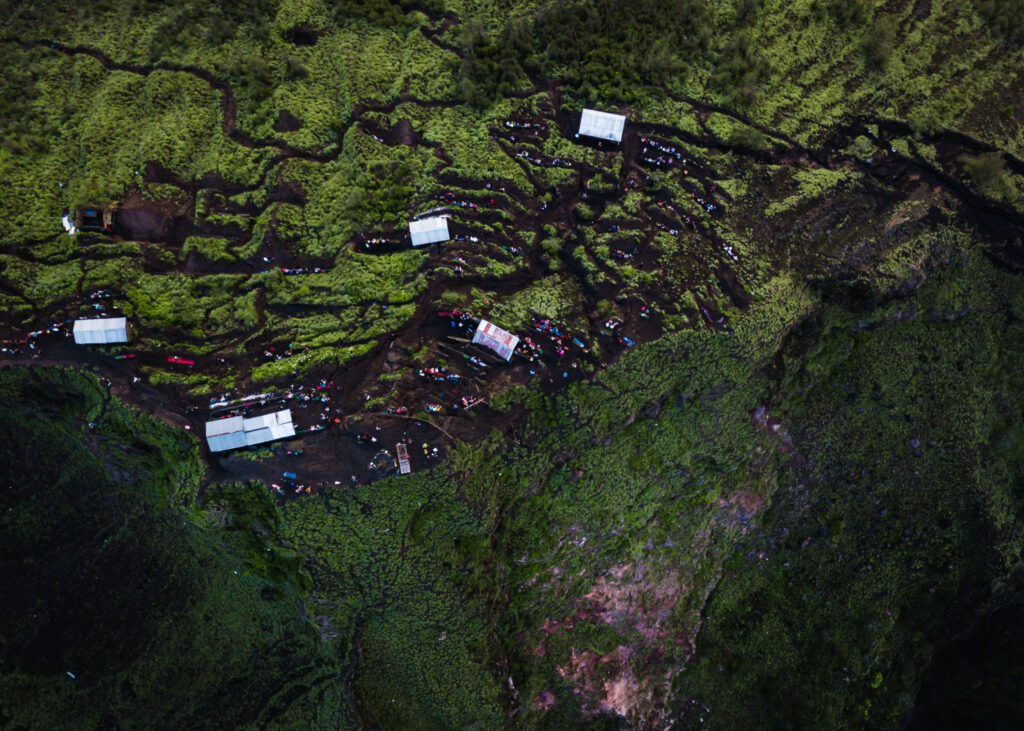
Indonesia has committed to significantly reducing greenhouse gas (GHG) emissions. But that commitment will mean little without the active participation of local governments. Why? Because most economic activity—and its resulting carbon footprint—happens at the regional level.
Traction Energy Asia is here to support local governments in facing this challenge through strategic assistance in designing low-carbon development policies. This program is designed to ensure that green strategies are not just theoretical, but are fully integrated into official planning documents like RPJMD and RKPD.
Using a data-driven approach—including GHG baseline data, green GRDP, and environmental input-output tables—we help districts and cities to:
- Identify key sectors that contribute the most to emissions,
- Develop more sustainable spatial planning policies,
- Design actionable emission reduction programs that can be implemented by local government agencies (SKPD).
Beyond the technical framework, this program is a call to think long-term—to strike a balance between economic growth and environmental sustainability.
At Traction, we believe that Indonesia’s low-carbon future begins with bold action from districts and cities today.

